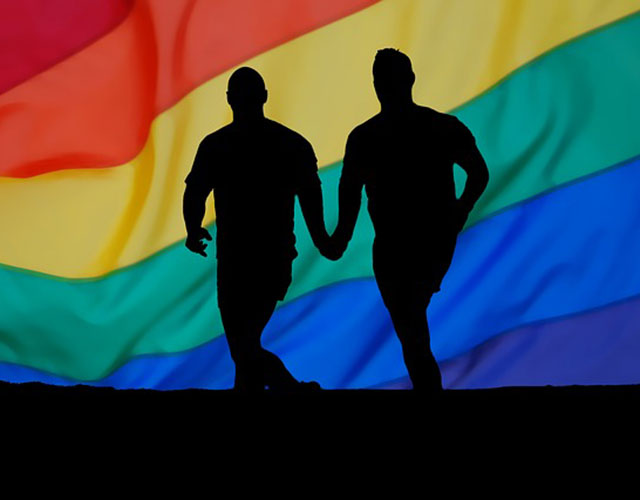By Tania Broughton
GroundUp
The Centre for Applied Legal Studies (CALS) at Wits School of Law has applied to be admitted as an amicus curiae (friend of the court) in a challenge to Uganda’s Anti-Homosexuality Act, a law that has been widely denounced as draconian.
The Act was signed into law by President Yoweri Museveni in May 2023 after a “fast-tracked” parliamentary process.
It is considered one of the world’s harshest anti-gay laws. It says that while identifying as gay would not be criminalised, “engaging in acts of homosexuality” would be an offence punishable with as much as life imprisonment.
Three petitions have been launched in Uganda’s Constitutional Court by individuals and human rights organisations, who say the law was passed without meaningful public participation.
They have argued that the legal and parliamentary affairs committee did not do adequate oversight or scrutiny of the Act, and that it violates a number of rights, including the rights to equality, non-discrimination, dignity, privacy, health and association.
The petitioners say the Ugandan Parliament violated its own rules of procedure to pass the law. Under these rules every bill should be considered for at least 45 days at committee level, but it was “fast-tracked” and pushed through in 30 days.
There is precedent for the petitioner’s arguments in this regard, they say, because in 2014, the Constitutional Court annulled a similar law because there was no quorum in Uganda’s Parliament when it was passed.
With the petitions pending before the court, CALS has applied to intervene, saying it is an expert on constitutional questions on meaningful public participation, and that the Act has profound implications for human rights of gays and lesbians.
CALS, which is represented by the Women’s Probono Initiative, says its main goal is to provide expertise, research and international, regional and comparative perspectives to assist the court in deciding this important case.
In her application to join the proceedings, Dr Sheena Justine Semmer, the head of the Gender Justice Programme, said the principle of meaningful public participation – not merely granting individuals a platform to voice their concerns – was rooted in international law.
She said Uganda was a signatory to international agreements, such as the International Covenant on Civil and Political Rights (ICCPR), which emphasise the importance of meaningful public participation in democratic governance.
Uganda’s ratification of the ICCPR also showed its dedication to providing its citizens with an avenue to seek redress at an international level (at the Human Rights Committee) should their rights be infringed upon.
Beyond that, Uganda’s own Constitution encourages active participation of all citizens in all levels of governance. This included the rights of minorities, such as the queer community, which have the right to participate in decision-making processes and as dictated by the Constitution their interests should be taken into account.
CALS further cites relevant case law and practice, including cases from South Africa and Kenya, which reflect that meaningful public participation is essential to good governance, the protection of human dignity, and the fair treatment of vulnerable communities.
Included is a case by Uganda’s own High Court Judge Musa Ssekaana, who pronounced that public participation was a “desirable safeguard”, especially if the views were gathered from people likely to be affected by the new rule, who were able to grasp and assess the significance, effect and practicability of it.
According to reports, the Attorney General is opposing the petitioners’ applications, saying the law is not inconsistent with the Constitution, international treaties or declarations. Regarding the Constitutional Court’s 2014 annulment of the previous “anti gay” legislation, the Attorney General said this was based on a lack of a quorum and there was no pronouncement on the substance of the legislation.
CALS application to be admitted to the case will be decided in early November.
Follow African Insider on Facebook, Twitter and Instagram
Picture: Pixabay
For more African news, visit Africaninsider.com


